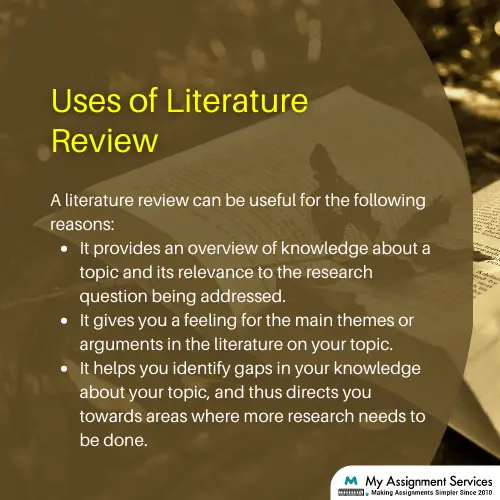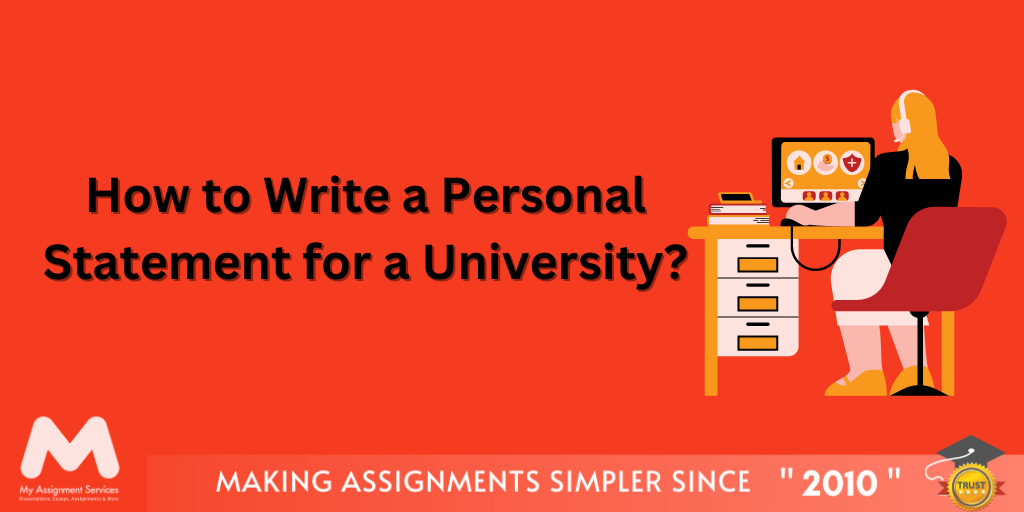
Conducting an in-depth review of a topic is crucial for any researcher. It's one of the first steps to go through so that you get a complete understanding of all your research points and can begin to shape a hypothesis about your study. You must use the appropriate tools and methods to conduct this kind of literature review. Systematic reviews help synthesize the results of multiple studies, usually involving an intervention, to answer questions about effectiveness or health effects. They are also used to determine what factors may influence treatment outcomes.
A systematic literature review is a method of conducting a critical analysis of the research topic. This type of research aims to identify evidence-based findings and make recommendations that can be implemented and improved upon in the future. The steps for conducting a systematic literature review involve the following:
- Choosing a search strategy.
- Selecting a specific segment of documents.
- Analyzing each document according to pre-established criteria.
- Identifying changes in health care providers.

An example of a systematic review would be a study that aims to evaluate the effectiveness of a certain medical treatment for a specific condition. The research question for the systematic review would be: "What is the effectiveness of treatment X for condition Y?"
The Goal of a Systematic Review
A systematic review aims to gain an overview of the available evidence on a particular topic rather than identifying research results that support or refute a particular hypothesis or theory. Systematic reviews are generally more reliable than other forms of review because they incorporate all relevant data into one document.
Literature Review Vs Systematic Review
- The literature review is informal, and the systematic review is methodical.
- A literature review is unstructured, and a systematic review is rigorous.
- A literature review has various forms, and a systematic review has a specific methodology.
- Literature Review has background information, and Systematic Review identifies patterns.
- Literature Review has no explicit criteria, and Systematic Review has explicit criteria.
- Literature Review excludes quality assessment, and a Systematic Review has a quality assessment.
- Literature Review does not have data synthesis, and a Systematic Review has data synthesis.
- Literature Review is related to academics and healthcare, and a Systematic Review is related to healthcare and clinical decision-making.
What is Meta-Analysis, its Goal and Applications?
A meta-analysis combines the results from multiple studies to get a more reliable, comprehensive understanding of a particular question. A meta-analysis is a quantitative review of previous work that aims to represent the "state of the art" on a particular topic (e.g., diet). The goal is to summarize research findings without having to read each study. Meta-analysis has been used in many fields, such as medicine and psychology, where data from multiple sources are combined into one large dataset that provides a more complete picture than obtained by using any individual basis alone.

How to Conduct a Systematic Literature Review?
Identify and state the purpose or goal of your research
Before starting your literature review, you should perform this preliminary step. It helps you to identify the scope and focus of your study and the purpose of conducting it. It would help if you decided what variables you want to include in your research and how they will be measured.
Do a thorough search for relevant studies
You need to search for relevant studies through any appropriate library, including university libraries and government agencies. You can also use other databases such as ProQuest, Dissertation Abstracts International, or Psychinf. You can also get help from friends who are familiar with the topic or who have access to such databases through their jobs or previous research projects.
Defining criteria for inclusion and exclusion
Once you have found relevant studies, it is important that you define the criteria for inclusion and exclusion so that you can avoid having too many irrelevant ones in your final analysis (i.e., data reduction). These definitions may include the following:
- whether or not they were published in English.
- whether or not they were peer-reviewed.
- whether or not they
Review the quality of the studies
- The study must be quantitative and contain only original research results.
- The study must be well-controlled, random, and double-blind.
- The study must be free from bias; and
- The results must be statistically significant (p < 0.05).
Extract, organize, and analyze data from studies
- Select relevant information from each study and extract it into separate tables, charts, or graphs. Summarize all data in your own words to summarize what you have learned about all the studies that you reviewed.
- Use tables or charts to help you understand statistical trends in your data; and
- Analyze and interpret your findings, then draw conclusions about what you have found (based on thorough research).
Analyze the findings to determine which areas need further exploration
- Are there any gaps in your review of the literature? What are they?
- Do you have any new insights into the topic? If so, why do you think this is the case?
- Could prior research explain your findings? If so, how would you explain these findings, and how could you modify your research based on this explanation?
- What are some possible explanations for why your findings are what they are?
Get All the Support Required to Draft a High-Quality Systematic Literature Review
If you are an Australian student or researcher needing assistance with your systematic literature review assignment, don't hesitate to contact My Assignment Services. We offer a team of experts well versed in the methodology and guidelines for conducting systematic literature reviews. We can assist you with all aspects of your research—from formulating a solid research question to evaluating sources and interpreting results to presenting them. Don't let a complex and time-consuming assignment prevent you from achieving your research goals. Contact us today—we can provide you with the right systematic literature review assignment help!
Related Study Materials
Our Experts can answer your Assignment questions instantly.
Ask Question0 Comment
Get It Done! Today
1,212,718Orders
4.9/5Rating
5,063Experts













Loved reading this Blog? Share your valuable thoughts in the comment section.
Add comment